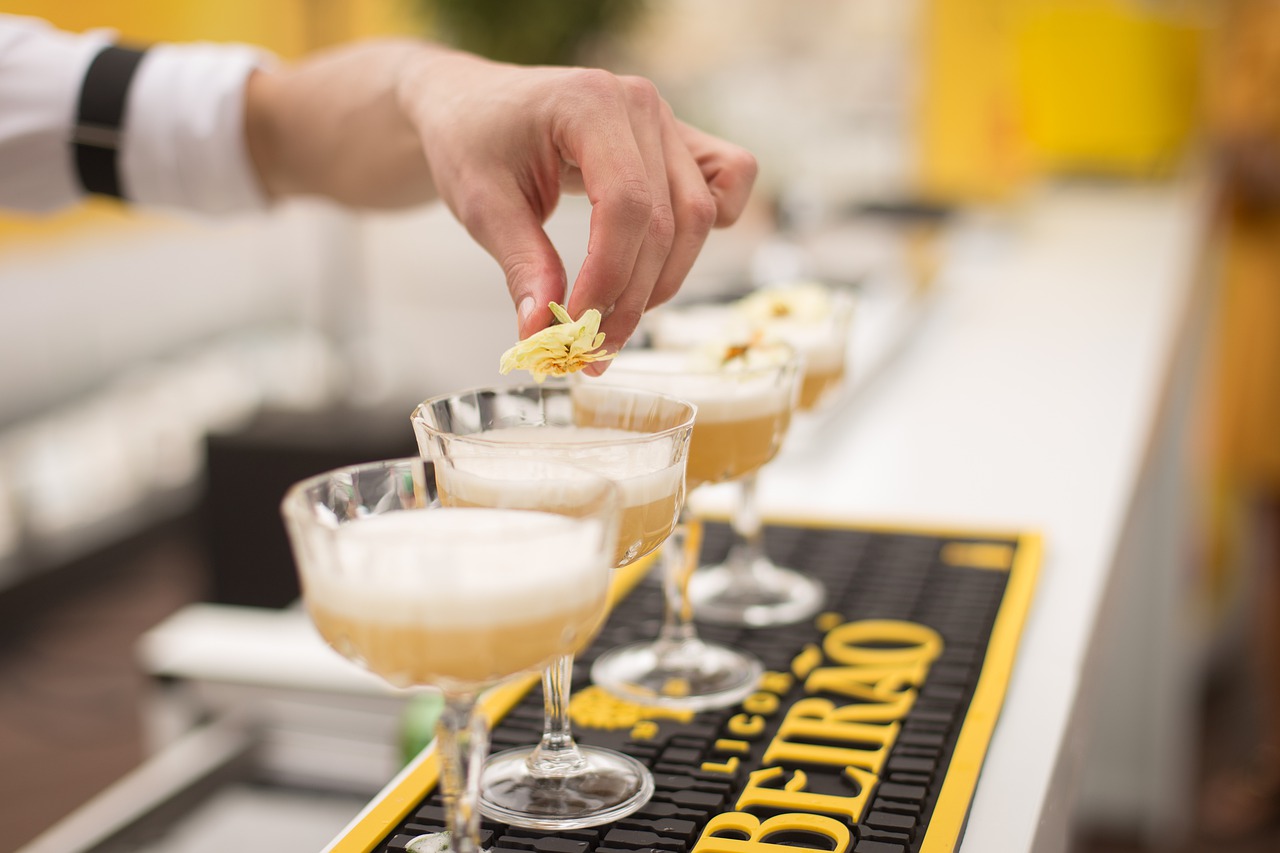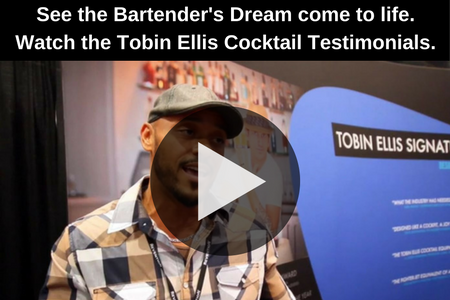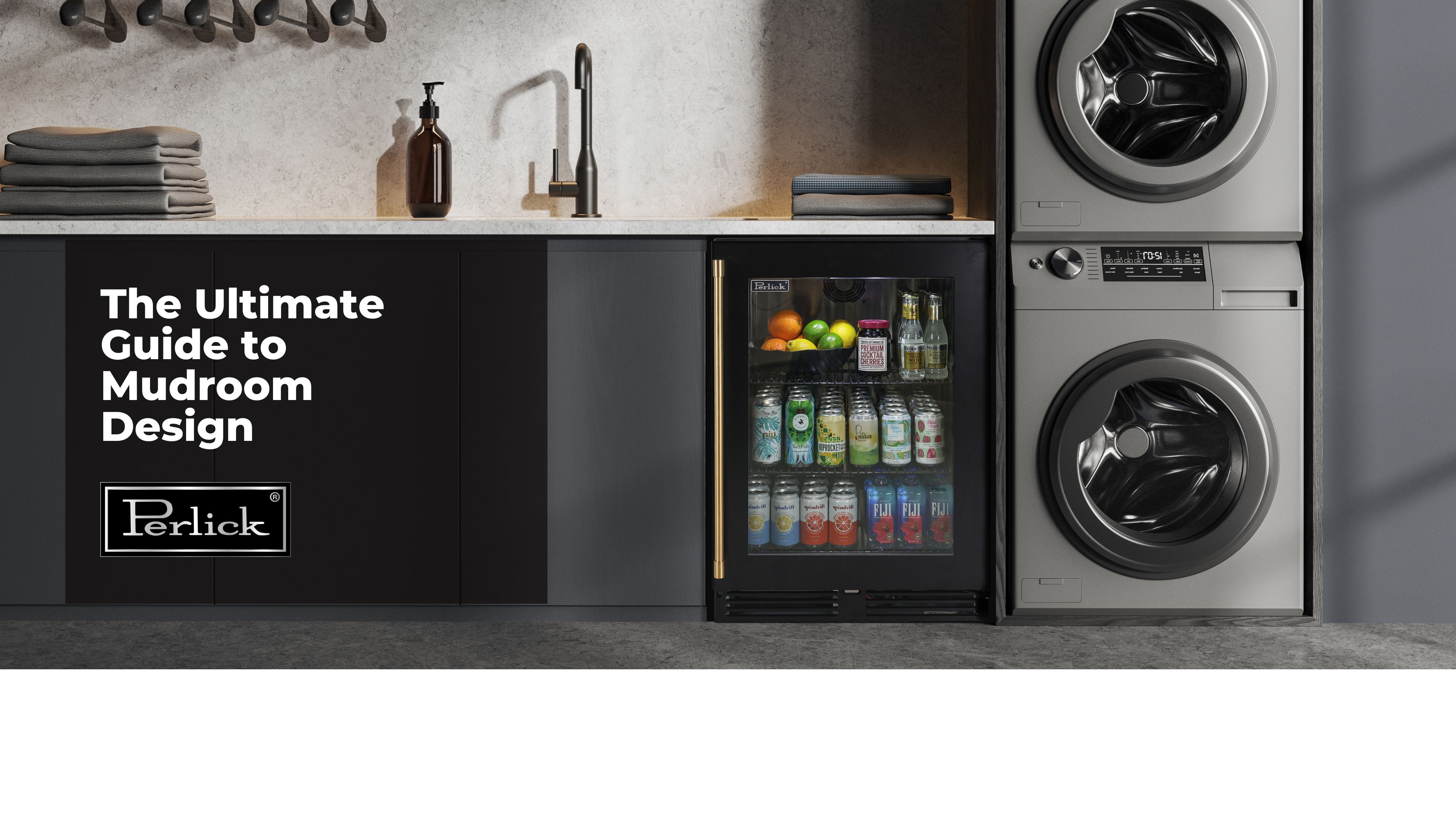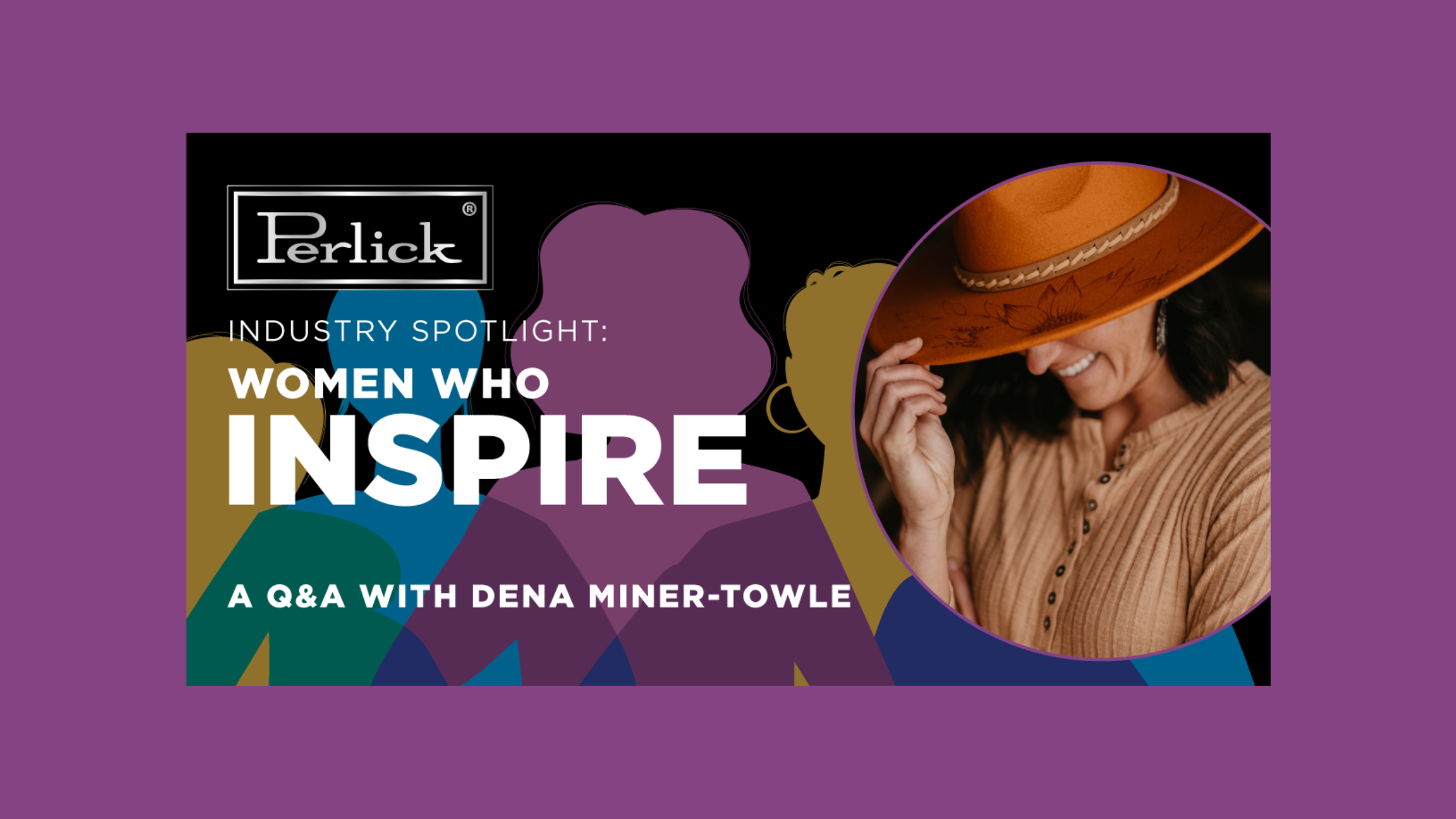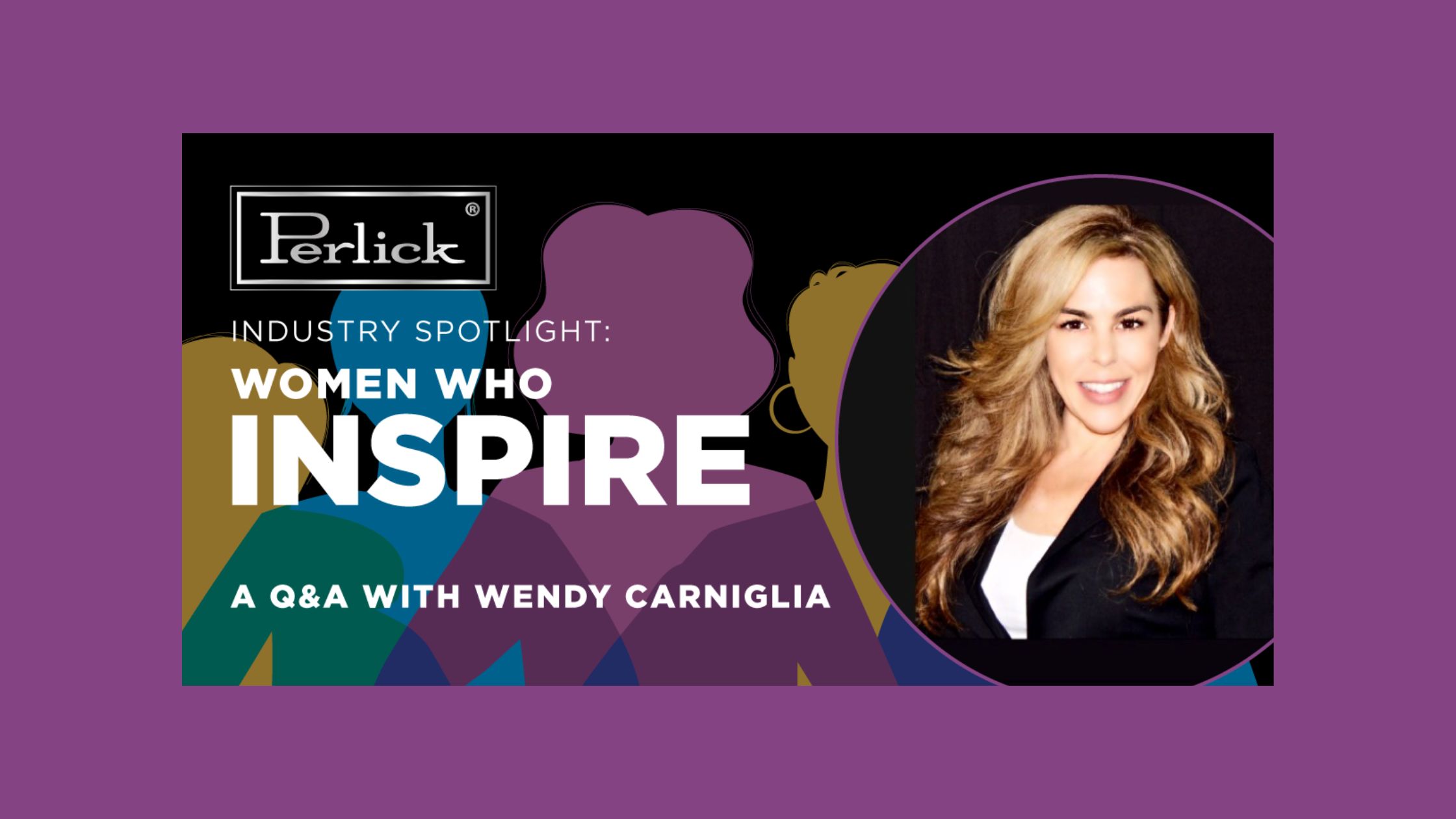Tobin Ellis knows his way around the bar, and today, knowing your way around the bar can be more important than tradition might dictate. That's why Perlick's collaboration with Tobin Ellis has worked out so well.
Recently, Ellis sat down to discuss some of his thoughts on the current bartending world in a recent interview with our friends at Restaurant Development + Design magazine. Here are four key takeaways from that interview, including why experience behind the bar is so important to bar design:
1) Ellis Has a Long History as Both a Bartender and Consultant.
As many people in the bar and hospitality world know, Tobin Ellis has a long history of personal involvement. In fact, his career stretches back a full 27 years during which time has held virtually all front-of-the-house positions -- with an especial emphasis on bartending, of course. What few people realize is that, for most of that time span, he has also run a global hospitality consulting firm.
In that capacity, Ellis has worked with owners to accomplish a variety of beverage operations tasks, from bartender training to drink menu planning to designing operational improvements. Since joining forces with Perlick, he’s been able to leverage his 16 years of experience designing bars to influence the evolution of bar equipment, in other words, figuring out the little details that make a bar look and perform at peak capacity.
2) Historically Bar Equipment Was Not Designed by Bartenders.
One of the most interesting facts that Ellis points out in his interview is that, historically, no bar equipment was designed by bartenders. In other words, the people most knowledgeable about what's needed to run a bar smoothly and efficiently had no input when it came to the equipment they used on a daily basis.
Not only that, but much of the bar equipment used, until recently, had not really evolved since the 1960s. As a result, many bars suffered from serious inefficiencies in terms of workflow and bartender comfort. Poor layouts often led to wasted motion and a lack of needed components. Worse still, bartenders often suffered unnecessary injuries as a result of bad design choices and improper equipment.
This state of affairs directly influenced Ellis' decision to partner with Perlick. He recognized from years of first-hand experience just how great the need for change was in terms of the way that bar equipment gets designed.
![[Webinar] Bar Evolution with Tobin Ellis](https://www.perlick.com/media/magefan_blog/2018/04/Webinar-Bar-Evolution-with-Tobin-Ellis.png)
3) Well-Designed Equipment Meets a Variety of Needs.
Designing highly functional bars and bar equipment is no simple task, which is why a true industry veteran like Ellis is needed. In order to improve the overall workflow, a bar must be improved in three key categories: throughput, efficiency, and ergonomics.
Throughput expresses the volume of drinks that the bar can handle in a given period of time. Efficiency has to do with the bartender's ease of movement — how far they have to go to retrieve an appropriate piece of glassware, for instance. Finally, ergonomics has to do with the range of motions routinely employed by the bartender. Ultimately, all three of these things work in harmony, leading to improved workflow.
4) Bartender Comfort Ultimately Affects Throughput.
From an ownership perspective, the most important aspects of a bar are volume and throughput. These are the qualities that most directly impact the profits generated by the bar. Yet, as Ellis hints, employee comfort also influences profits. Simply put, if your bartender is excessively cramped and tortured, throughput will suffer.
Moreover, ensuring that bartenders can accomplish their jobs as smoothly as possible also tends to improve both hospitality and service, by allowing bartenders to more easily meet customers' needs. Given the large number of profits generated from a bar, owners should place a much greater emphasis on upgrading their equipment and bar design.


